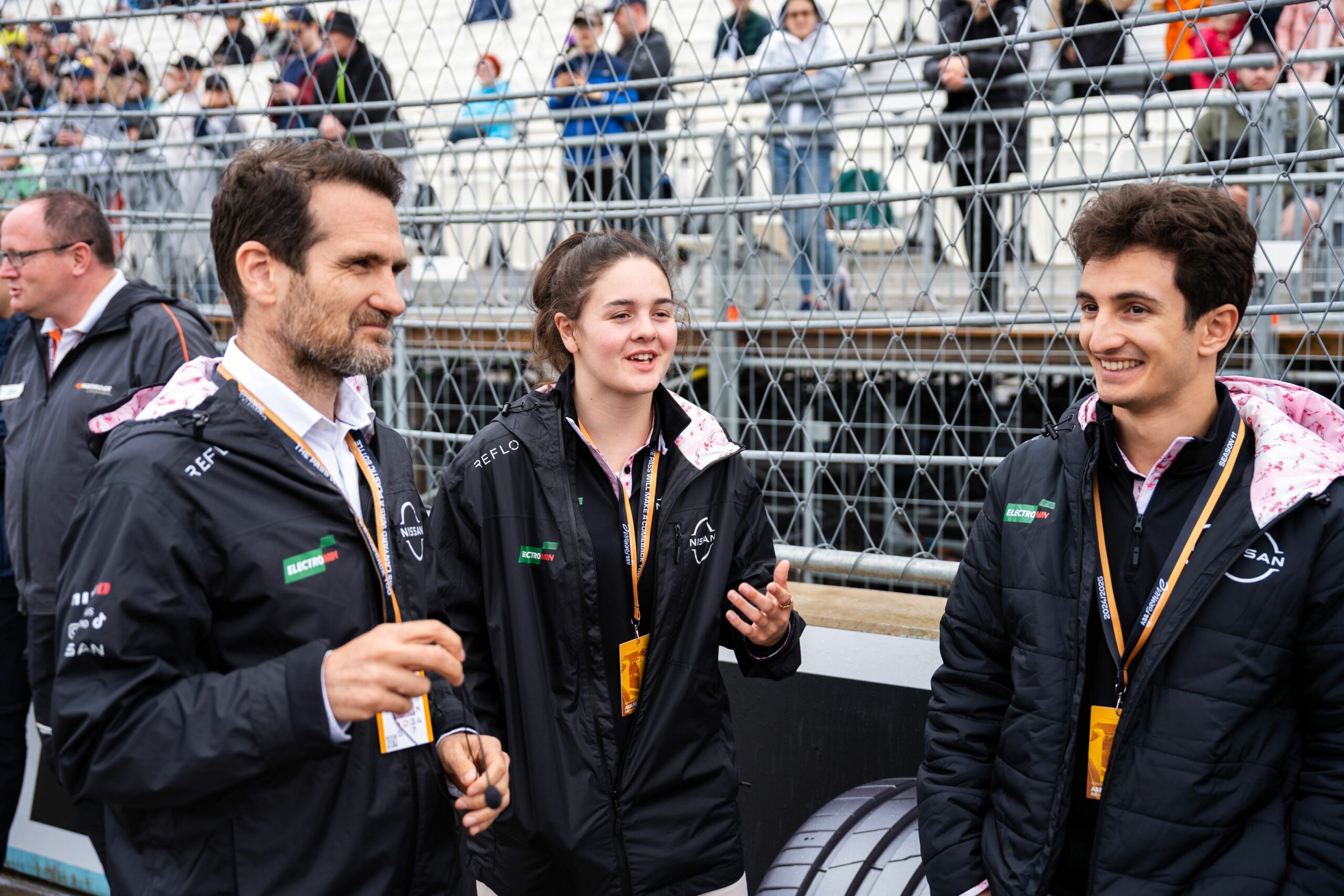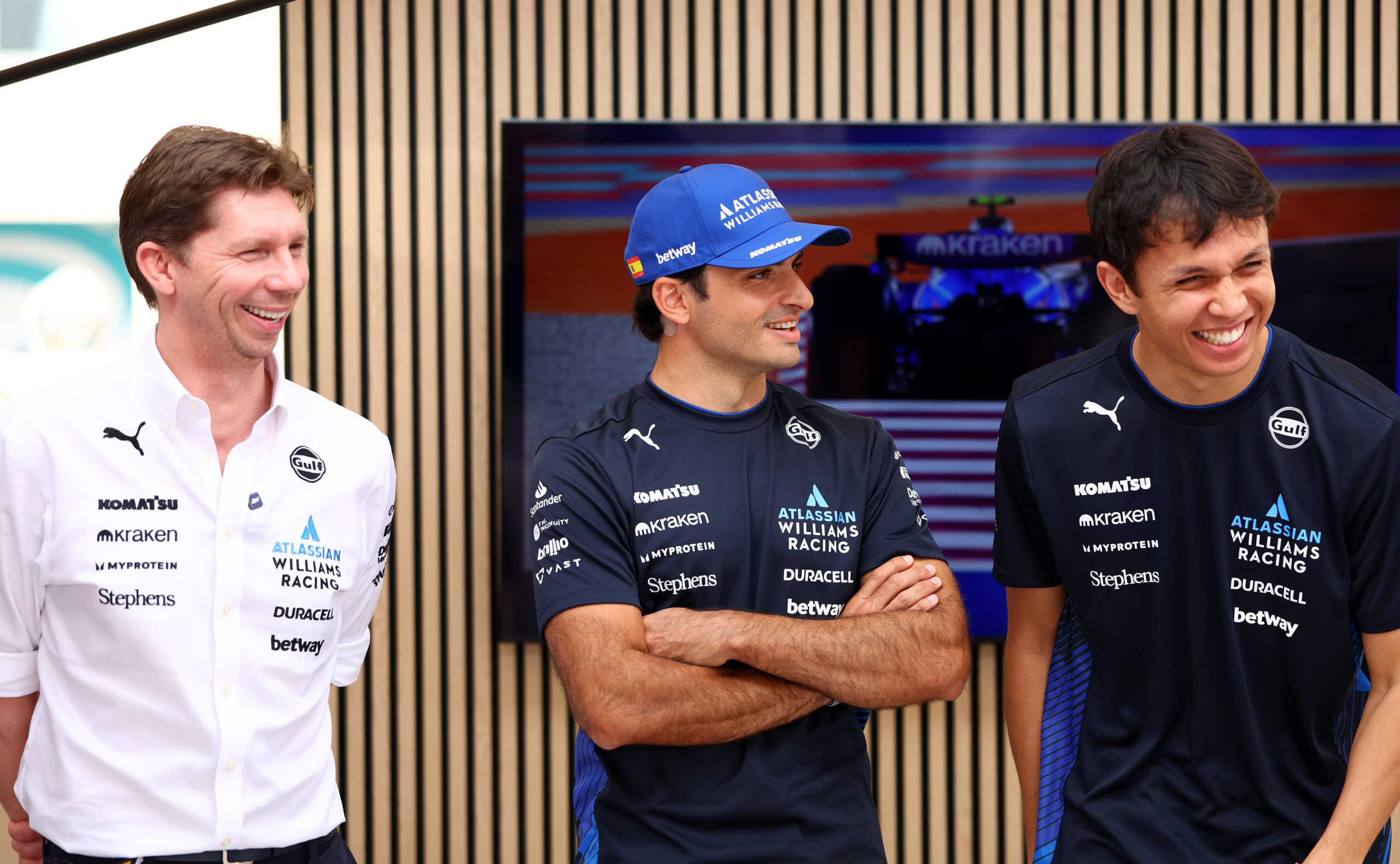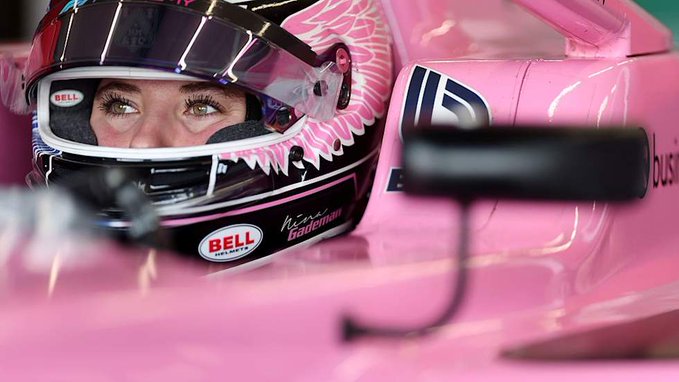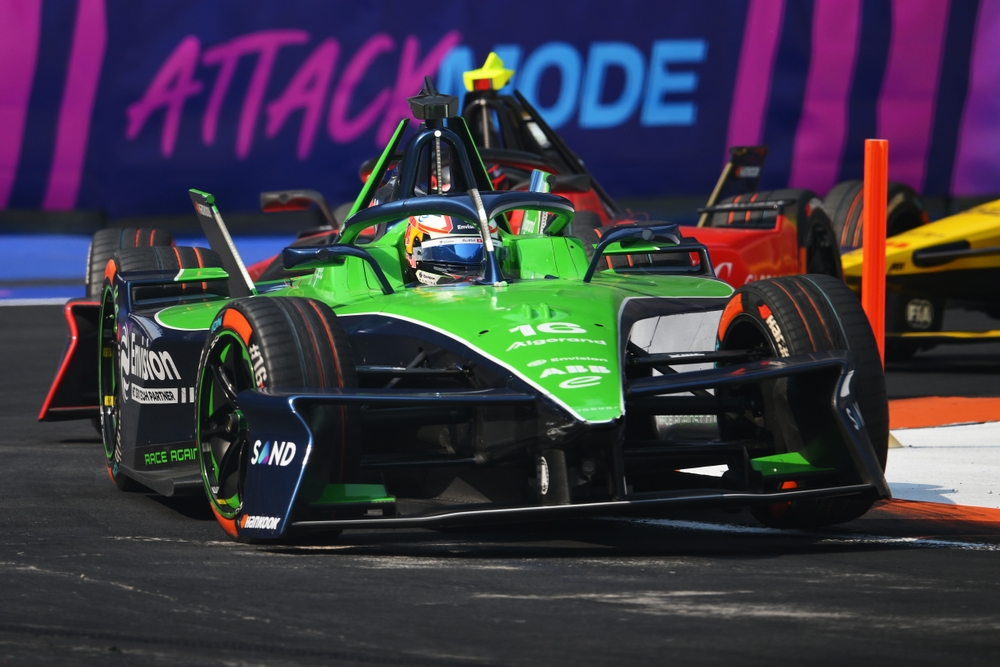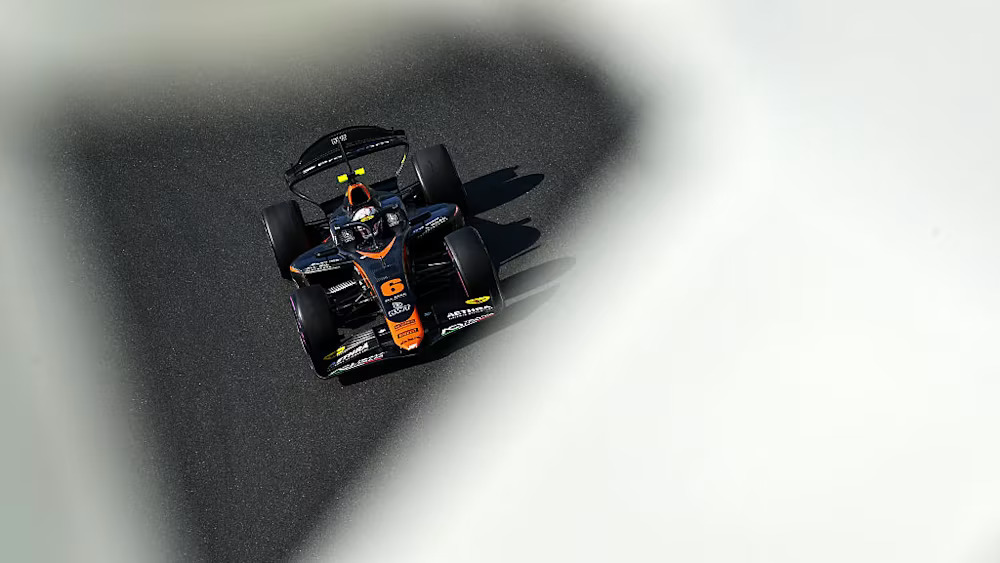Nissan has continued its performance-led approach to talent development with its selections for the official 2025 Formula E rookie test held in Berlin. The team fielded Gabriele Minì, who topped both the morning and afternoon sessions, alongside 2024 F1 Academy Champion Abbi Pulling, who officially joined Nissan as a rookie and simulator driver on a multi-year deal announced in June.
Team Principal Tommaso Volpe has made it clear that the team’s choices are based purely on demonstrated capability. The rookie test formed part of Nissan’s broader strategy to invest in adaptable, intelligent drivers who can meet the technical and tactical demands of Formula E.
Minì delivers, Pulling steps forward
When asked about the decision to bring back Minì and involve Pulling in the Berlin test, Volpe, in an exclusive interview with Pit Debrief, cited their prior testing performance and adaptability.
“Well performance, they both set top times in the sessions where we involved them previously, Gabriele Minì in the rookie test last year and Abbi in the test for girls, for women that we had in Spain so it is purely performance, I mean they demonstrate that they could adapt very well to Formula E which is not obvious even if you are strong in other categories and so I think they deserve to have the chance because they both proved to be very fast.”
Minì’s dominant showing in both sessions reaffirmed his potential as a long-term prospect for a race seat. His pace and precision reflected a strong understanding of Formula E’s energy-limited racing. Pulling’s presence in Berlin followed her June appointment, supporting her continued integration into Nissan’s performance development structure.
Formula E demands more than speed
Volpe stressed that success in Formula E requires more than raw pace. Drivers must demonstrate a capacity for complex decision-making, energy management, and continuous adaptation.
“Well for sure what is really important in Formula E is to be very clever and intelligent while racing, it is not just about being fast but you really need to understand very well the energy management and the optimisation of the energy management during the race, it is a continuous optimisation so I think this is an element that some drivers might struggle with and this is a steep learning curve for anyone when they come to Formula E first even if they have strong performance in other categories so I think this is one element that definitely can make the difference.”
The nature of Formula E competition rewards intelligence and composure under pressure. Volpe acknowledged that many drivers from traditional single-seater ladders—such as Formula 2, Formula 3, or IndyCar—require time to adjust to the technical format. Those who adapt quickly stand out.
Building for the future
The inclusion of Minì and Pulling demonstrates Nissan’s commitment to preparing the next generation of Formula E talent. Pulling’s multi-year role gives her access to high-level simulation work and track time, creating a structured pathway towards future competition. Her participation in the Berlin test represents a key step in building familiarity with the team’s systems and the series itself.
Minì’s return, meanwhile, reflects Nissan’s continued interest in his development. His strong rookie test result adds to a growing portfolio of performances that position him as a strong candidate for a future seat within Formula E. His ability to combine raw speed with a measured approach to energy usage supports the series’ emphasis on technical and strategic excellence. As Formula E continues to evolve, performances such as Minì’s showcase the depth of talent being attracted to the championship. For teams like Nissan, investing in drivers of this calibre lays the groundwork for sustained competitiveness and reinforces Formula E’s role in shaping the future of racing.

